Yesterday, I wrote for the SheLoves Red Couch a discussion post on “Too Heavy A Yoke” by Chanequa Walker-Barnes. I wrote about how I never saw my mama cry and the first time I did, it shocked me. She was too strong and capable for that. Today’s post is a follow-up. I never let myself cry and feel my weakness, and it nearly cost me my life.
Within the first few pages of reading, “Too Heavy A Yoke” by Chanequa Walker-Barnes, I was crying; the suspicions I’ve had that there’s a narrative Black Women live by that is wholly diabolical was finally validated.
According to Dr. Chanequa (and many a Black Woman’s gut), there is a false identity Black Women attempt to live up to called the StrongBlackWoman.
The StrongBlackWoman [is] a fixed way of being in the world. It is racialized gender performance, a scripted role into Black Women are socialized usually beginning in childhood. Rather than being a genuine expression of personality, it is a mask that stifles authenticity, subsuming multifaceted selves behind a singular wall of self-sacrifice and emotional stocisim. (p. 4)
Upon reading those words, I breathed a sigh of relief. Finally! Someone has put words to something I have felt all my life. It’s almost an instinct— say nothing, be strong, survive.
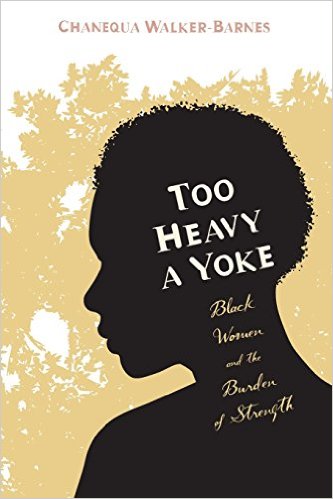
The StrongBlackWoman is colonization and the Proverbs 31 Woman combined to create an impossible standard for little Black Girls who simply want to know how to be present in a world that wishes it could forget her past.
Even though this book unapologetically explores race and racism in our churches, it’s probably one of the most pastoral resources for caring for women available. It’s impossible to not see an epidemic and a call to love the Black Women in my life well, as I read case after case of Black Women dying (metaphorically and physically) under the pressure of the yoke of earthly concepts of strength.
There were so many times while reading I felt like Dr. Chanequa was sitting next to me, saying, “See, girl…you are not alone and something is off. Let me show you how to fix it.”
Dr. Chanequa is our resident Shalom Sista today because she was moved by the brokenness Black Women feel in our very souls, about our very identities, about our worth and value and purpose, so she wrote a book to encourage us to move towards our wholeness through admitting our brokenness, seeking help, rejecting the addiction to please, and courageously caring for ourselves.
I wish I had this book during my darkest times, or rather I wish my church leaders had read this book because trying to be a StrongBlackWoman nearly cost me my life.
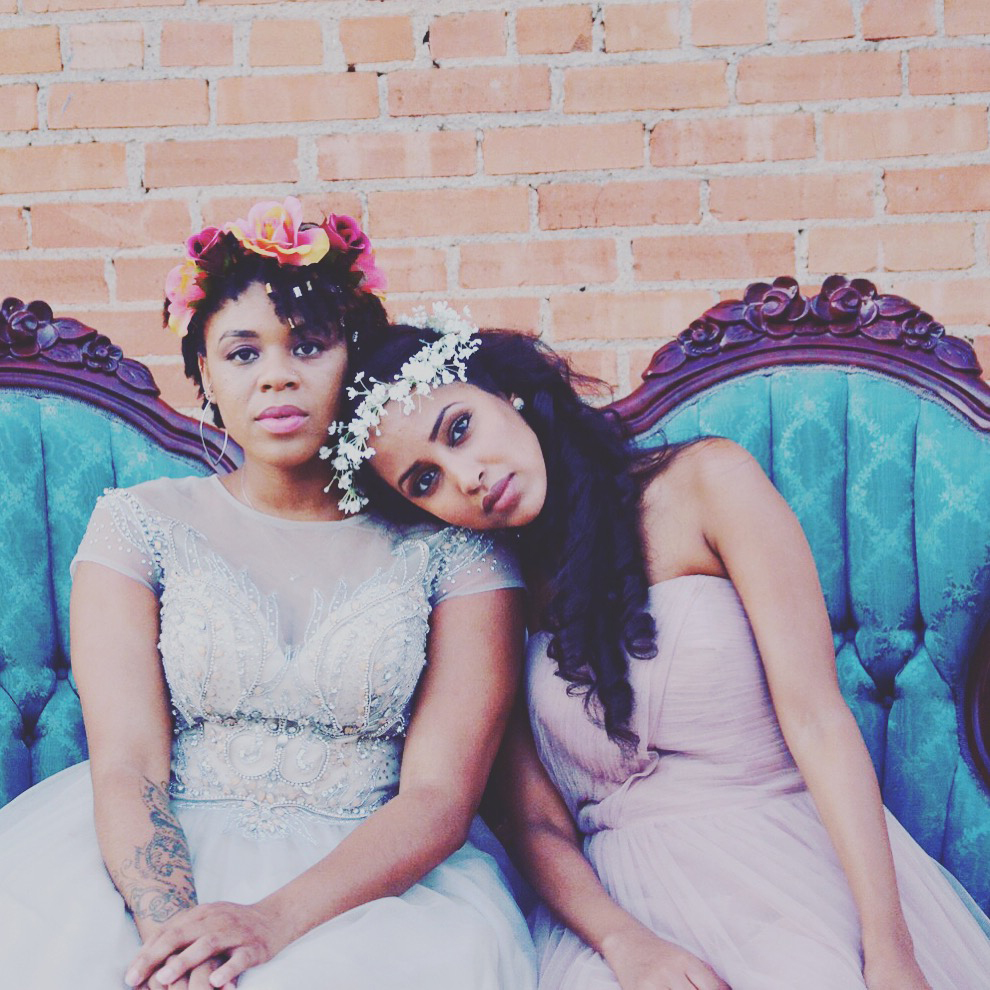
When I was pregnant with my first son, I was 20 years old. I joked that I wouldn’t even be able to have a celebratory drink on my 21st birthday because I was be, as they say in New Orleans, “big pregnant”.
When I realized what people would think of me being young and pregnant in a black body, I resolved to not crack under the pressure. So, even though I had to work full time, and set up a home for our baby, and carry twelve hours of classes at the community college to not fall behind, I pushed on. Onward and upward.
I ignored my need to rest, find time alone with the Lord, and even share that I felt so desperately lonely. While my pregnant friends would take time off or let their husbands rub their feet or allow someone to carry their groceries out to the car for them, I refused. I needed to know that everyone believe without a shadow of doubt that I could care for the baby growing in my womb.
I had this expectation that I would be enough. I should be strong enough. Smart enough. Stable (both financially and emotionally) enough.
As Beyonce says,
“Me and My Baby We gon’ be alright”
But when my son was born, I realized I, on my own, could not be enough.
I could not do it on my own so the shame knocked me over.
In the middle of the night I sat in the living room crying because my son would not take the breast. When a friend who was sleeping over walked in and offered to make a bottle I snapped at her, “No! We just have to figure this out. I should be able to feed my baby, Dammit!”
My baby and I wailed in tandem. The next morning I called my doctor and he urged me to switch for formula. I did. And my son was at peace.
I, a failed Black Woman, was not.
I felt weak and insufficient.
One morning, after weeks of walking under the cloud of shame, listening to the lies that I was a terrible, irresponsible mother and finally…. I buckled.
I couldn’t get out of bed. My son called for his morning bottle, but I couldn’t find a shred of love or enthusiasm to care for this little human.
I called a friend to stay with my son and I slept for 24 hours. I was “fine” afterwards, partly because this friend checked in on me regularly and let my husband know I was struggling. She was pregnant too so she had a unique compassion for me.
What I know now—that I was unwilling to explore then— was that I was suffering from postpartum depression. But honestly, I know young Osheta would have laughed you off at the mere suggestion that something was wrong, that maybe she needed help.
I was a StongBlackWoman, you see. We don’t do that.
I was more comfortable navigating failure than vulnerability.
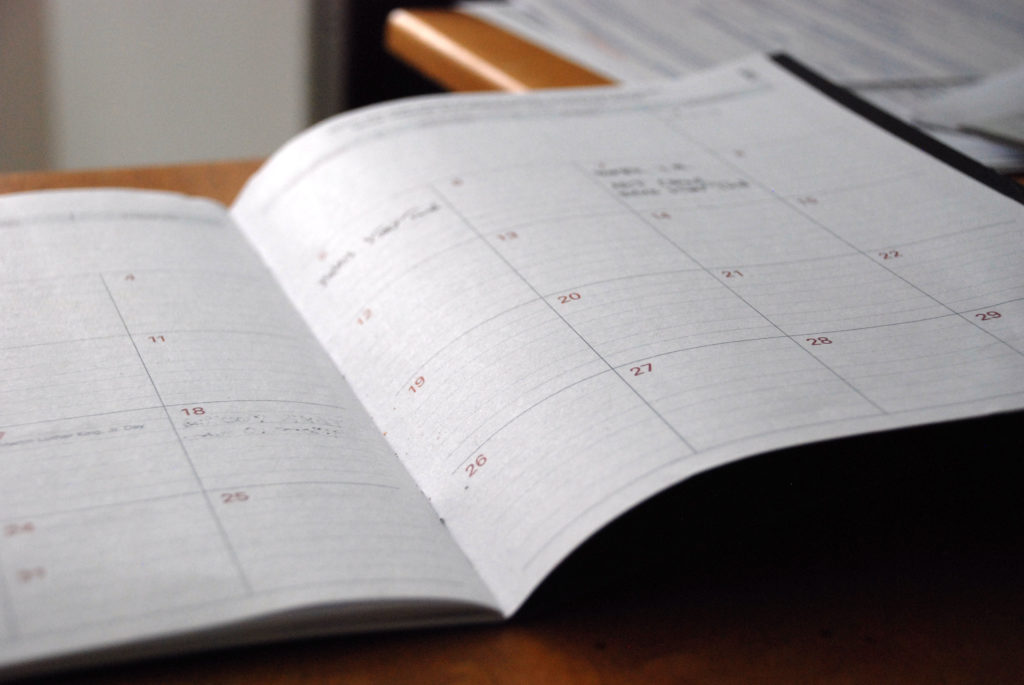
Three years later, I was big pregnant again with another son. Hurricane Katrina was coming and so we evacuated New Orleans and set up our new home in Cambridge. My husband was set to start classes and the doctor scheduled an induction. Everything was scheduled and in order. I believed my competency to plan everything, know everyone, orchestrate all the moving pieces could keep the former sadness at bay.
It did. For a few hours, then the depression came again. This time it looked different.
In the days that followed his birth, I was anxious, irritable and exhausted (how could I not be after the summer we had AND let’s not forget I was caring for two kids three and under).
I told myself, that I had no business being sad or worried, I survived one of the deadliest natural disasters in our country’s history. I survived having a baby in a brand new city where we only knew two people, with very little support from our families.
I didn’t let myself believe that I was suffering post partum depression again, this time I chalked my emotional instability up to the pressing external stressors— I wasn’t suffering, I was a survivor.
As I rocked that baby to sleep, I channeled my inner Beyonce. My lullaby to myself as I rocked my babies to sleep was Destiny’s Child mega hit, “Survivor”.
Too many chilly New England nights I tried to will the sadness away, “I will get through this…I will get through this…I will get through this….” I whispered in time with my rocking chair.
This time being a StrongBlackWoman looked like being a survivor. I just needed to figure out how to get through to the other side.
In the days to follow I was deeply lonely, and I couldn’t tell anyone— especially my husband who was exhilarated to finally be starting seminary. I didn’t want to share my suffering and so I protected him. I self medicated with fatty, sweet foods— what’s a few extra pounds I told myself.
I guess Dr. Chanequa was right when she said the #StrongBlackWoman exists because
The modern church encourages African-American women to keep others’ vineyards, while neglecting their own, (p. 133)
Everyone was alright. Except for me. And I kinda loved it that way.
Postpartum depression slipped past me again, but this time I felt heavy both in weight and spirit. I wasn’t sure I would bounce back again.
Two months later we found out we were pregnant with our third child. This baby was unexpected, to say the least, but we were happy when we found out she was a girl.
Unlike my last pregnancy, we had a church community who loved us and knew our parents would not be able to help, so they formed a phone circle to provide childcare when I went into labor. Because I was overwhelmed with the two little ones we already had and because the group was led by a dear friend of mine, I let them help. I didn’t love it, but I allowed it.
I felt known and supported and so I hoped that this time it would be different.
I told myself, “We will be fine. I will be fine. We have friends. I know my doctor, I know my city, I know my birth plan and I know my body! I will be ok.”
Like with all my pregnancies, being a StrongBlackWoman meant I possessed wisdom beyond my years and a resourcefulness beyond our income bracket.
Hopefully, this pregnancy will be light and laughter and all things pink balloons.

Again it was— for the briefest of moments.
Then three weeks later, my husband came home to find our daughter napping in our bedroom and me crying in the bathroom with a paring knife to my left wrist.
You see, postpartum depression caught up with me and I couldn’t do it anymore. Trying to be something I wasn’t was breaking me and I couldn’t pretend anymore. I couldn’t pray away the pain, or work away the worthlessness, and I certainly, couldn’t stare down that spectre of the StrongBlackWoman anymore.
She was too terrifying. Too much. Not of this world.
I finally decided to go to therapy and take medication. Soon, mental health and depression were not shameful words, they were my reality and the strongest thing a Black Woman can do is to be present in her reality.
I think this is why the title of the book is so poignant. It successfully evokes the imagery of Jesus’ invitation to a life of Shalom: wholeness and restoration within ourselves.
“Walk with me and work with me—watch how I do it. Learn the unforced rhythms of grace. I won’t lay anything heavy or ill-fitting on you. Keep company with me and you’ll learn to live freely and lightly.” Matthew 29-30 (The Message)
When coupled with this quote from the book:
A hallmark of contemporary Christian theology is its view that the fundamental sin of humanity is pride, that is, preoccupation with the self. In contrast, love, particularly Christian love, is assumed to be entirely self-giving and devoid of concern about the self. These teachings, however, bear a particular danger—that of martyrdom—for African-American women who are socialized to live, love, and labor under the weight of atoning for the “sins” of the race as imagined by White patriarchal racism.” (p. 137)
It makes me think of the dichotomy Jesus creates between what the others expect from us and what he wants to give us.
One of the best gifts I given myself and my community is to stop trying to be their everything. Stop proving myself to them and stop working for their happiness alone. We are made whole to make the world around us whole— it flows from us to them, never the other way around. Letting their wholeness define ours sets us up for heartbreak because they’ll never be happy, satisfied, or settled enough for our liking. It’s a cycle I cannot sustain any more. I don’t think I’m alone in this.
If you’re like me, Sweet Sista, can I be like Dr. Chanequa was for me and sit next to you and say, ““See, girl…you are not alone and something is off.” Black, white, tan…whatever…I belive this yoke is one we all struggle to some extent.
You have permission to question and ask for help and I’ll be your biggest cheerleader as you learn Jesus’s unforced rhythms of grace.
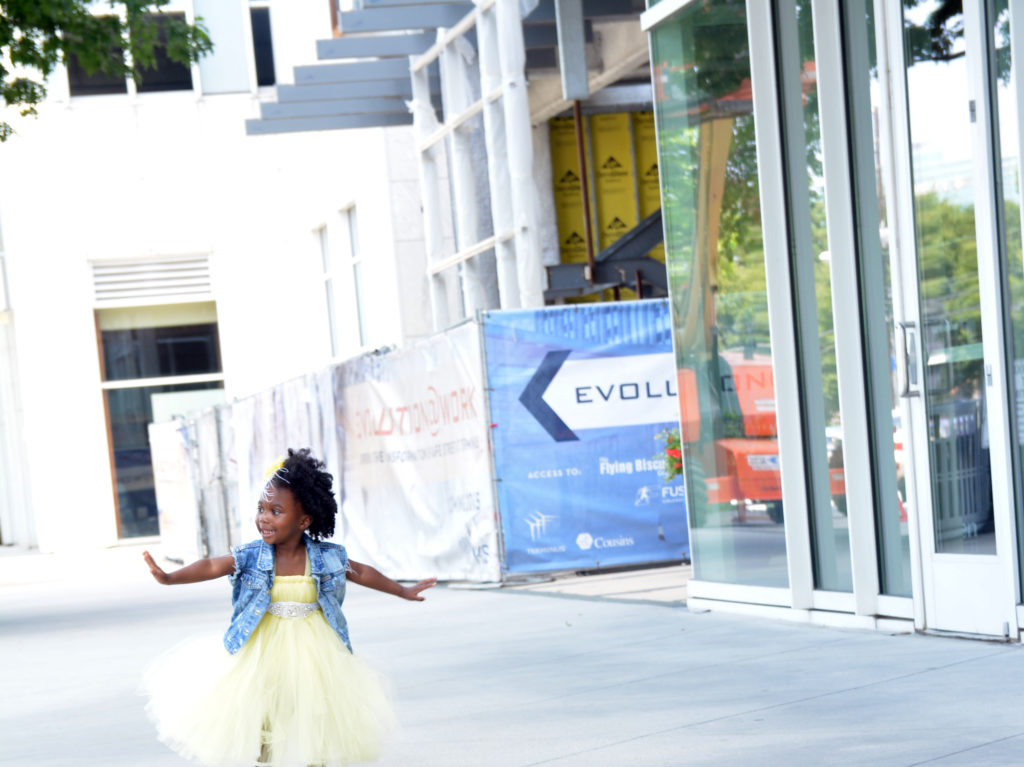
Let’s chase away the StrongBlackWoman together. Let’s clap back at all her endless demands and proclaim there there’s better for us. There’s so much more than our culture tells us, there’s joyful dancing in unforced rhythms and look… our most authentic, whole, free selves are waiting for us on the dance floor.
Shall we dance?
Shalom to you my Wholehearted Sistas,
Osheta
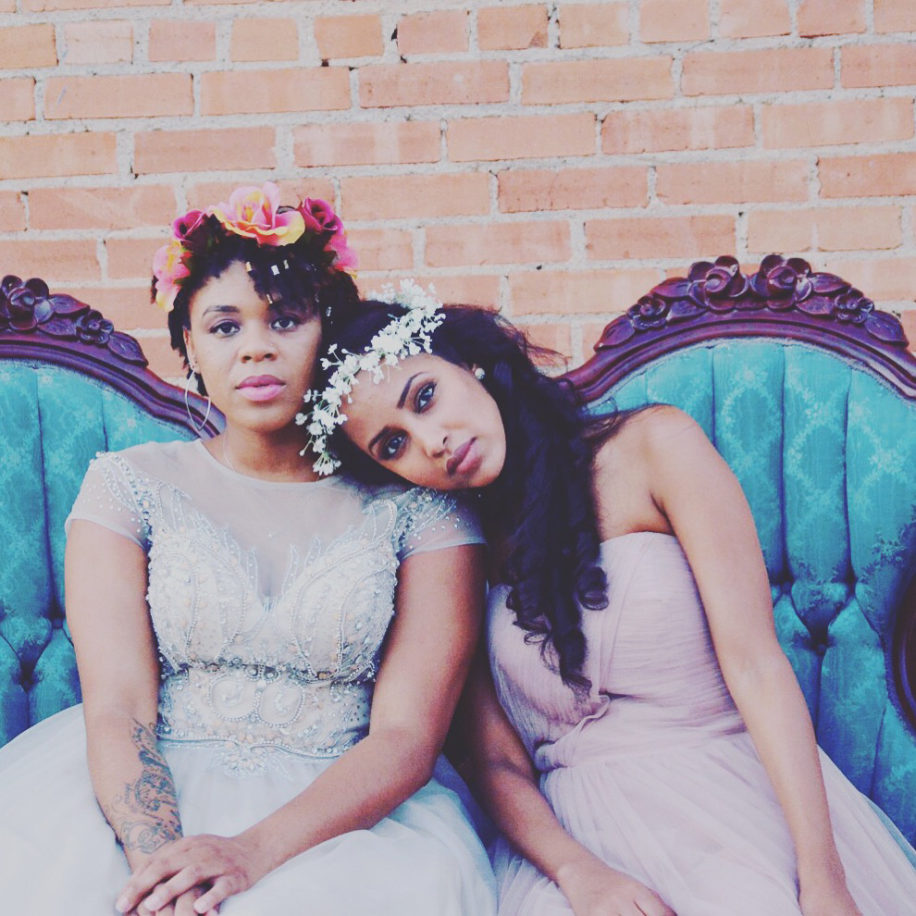
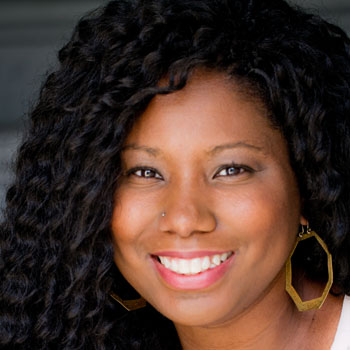
Comments (2)